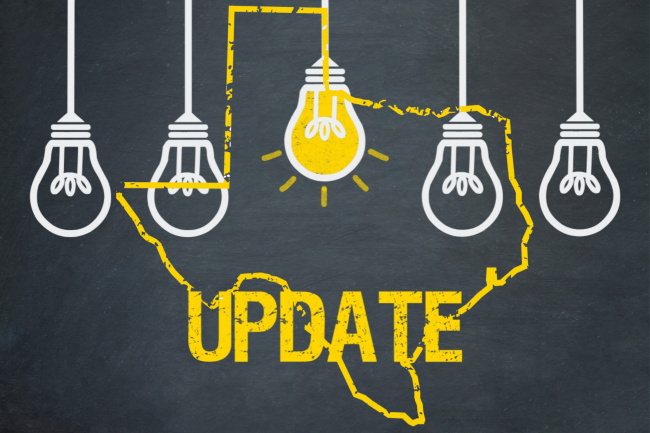In April 2023, after the federal government declared the end of the COVID-19 Public Health Emergency, states began the process of disenrolling Medicaid recipients who did not meet eligibility requirements. In the state of Texas, this has led to the removal of millions of recipients from the state’s Medicaid rolls. Known as the Great Unwinding, this process may have already impacted many of your D-SNP clients.
The Great Unwinding
During the COVID-19 pandemic, Congress enacted measures to ensure the millions of Americans enrolled in Medicaid would not lose their health care coverage during an unprecedented health emergency. Under the Families First Coronavirus Response Act, states received additional federal funding and had to stop disenrolling people from Medicaid, including those who no longer qualified. This process, known as continuous enrollment, officially ended on March 31, 2023. On April 1, 2023, states began the process of reviewing Medicaid eligibility (or redeterminations) to identify individuals who did not meet Medicaid’s eligibility criteria and to disenroll them.
Although Medicaid is jointly funded by states and the federal government, each state administers its own Medicaid program and independently determined its timelines and processes to complete the unwinding. This has led to different results between states.
The Consequences of the Unwinding in Texas
In 2023, more than 5.8 million Texans were enrolled in Medicaid and one in six was also enrolled in Medicare. Since the unwinding began, nearly 1.7 million Texans have lost Medicaid – the largest number of any state. An estimated 65% of these disenrollments were due to procedural reasons, resulting in the removal of many still-eligible Medicaid beneficiaries. This means people have needed to reapply, which has created a large backlog of redeterminations and longer-than-normal wait times.
How You Can Help Your D-SNP Clients
Texas has until May 2024 to complete the unwinding process. Your D-SNP clients should have received a notification from Texas Health and Human Services (HHS) advising them that either their Medicaid eligibility has been automatically renewed or that they need to send additional information to recertify their eligibility. If they have not heard anything, HHS has been unable to reach them. These individuals should check with the state’s Medicaid office that their current address and contact information are up to date. These clients are at the highest risk of losing their healthcare coverage because they may be unaware of what is happening. The best way for Medicaid beneficiaries to stay informed is to create an online account at Your Texas Benefits, where they can stay up to date on the status of their eligibility. Individuals with D-SNP plans who lose Medicaid eligibility will qualify for a Special Enrollment Period to enroll in a new Medicare plan.
Clients who receive notification that they are no longer eligible for Medicaid but believe their redetermination is incorrect have the right to file an appeal within 90 days of the notification. They should mail Texas Health and Human Services Commission, P.O. Box 149027, Austin, TX 78714-9027, call 2-1-1 and select option 2 after selecting a language, or visit a local eligibility office.
Check in with all your D-SNP clients to make sure they know the status of their Medicaid eligibility. You can be proactive by helping them find new Medicare coverage, if necessary. Since your clients rely on your knowledge and expertise, they will appreciate your outreach.
The experienced team at PTT Financial is here to help if you have questions. Contact us today at 844-277-5028.


